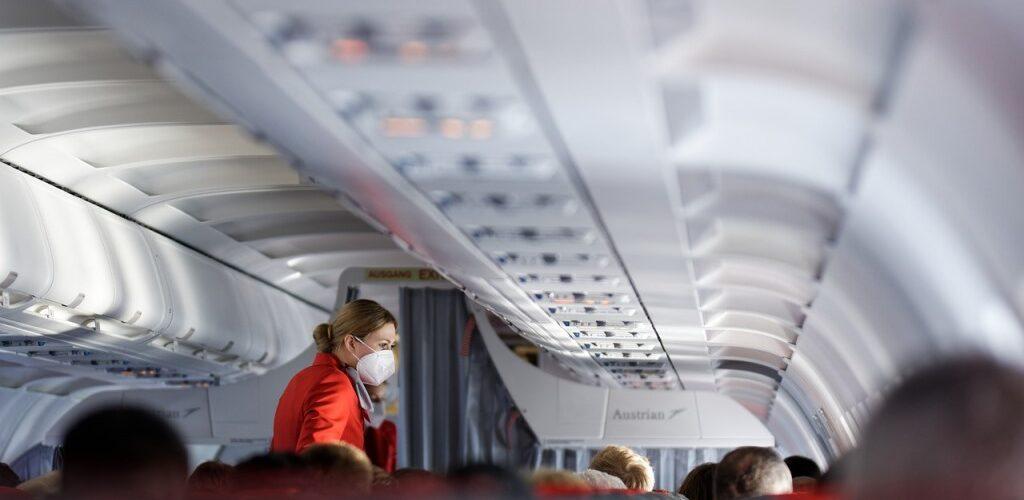Embarking on a journey to become a flight attendant or air hostess in South Africa is an exciting adventure that anyone, including you, can pursue. This profession offers the chance to travel, meet new people, and contribute to the smooth operation of flights. In this guide, we’ll break down the steps to help you achieve your dream in simple terms.

- Basic Requirements: To get started on your journey, you’ll need to meet some basic requirements. First and foremost, you should have at least a Grade 12 education. If you’ve completed your matric, you’re on the right track. Airlines also prefer candidates who are fluent in English, so brushing up on your language skills is a good idea.
- Polish Your Appearance: Appearance matters in the world of flight attendants. Wear clean, neat clothes and make sure your hair is tidy. Airlines appreciate a professional and well-groomed look. It’s about presenting yourself confidently.
- Build Communication Skills: As a flight attendant, communication is key. Practice speaking clearly and confidently. Make sure you can convey information effectively, as this skill is crucial when dealing with passengers and crew members.
- Customer Service Experience: Airlines often look for candidates with customer service experience. If you have worked in a shop or any service-oriented job, highlight these experiences in your application. It shows that you understand the importance of customer satisfaction.
- Apply Online: Many airlines in South Africa have online application processes. Visit the airline’s official website, locate the careers section, and fill out the online application form. Be honest and accurate when providing information about your education and work experience.
- Prepare for Interviews: If your application is successful, you may be invited for an interview. Practice common interview questions and scenarios. Think about how you can showcase your interpersonal skills and problem-solving abilities.
- Training Program: Once selected, you’ll undergo a training program. This is where you’ll learn about safety procedures, emergency protocols, and customer service expectations. Pay close attention and ask questions if something is unclear.
- Dress the Part: During training, you’ll be provided with a uniform. Take care of it and wear it with pride. A well-maintained uniform is a reflection of your commitment to the profession.
- On-the-Job Experience: After completing training, you’ll begin your journey as a flight attendant. Gain as much experience as you can. Learn from your colleagues and be open to feedback. The more you work, the more confident and skilled you’ll become.
- Career Advancement: As you gain experience, you may have the opportunity to climb the career ladder. Airlines often provide opportunities for advancement and specialization. Keep an eye out for such opportunities and express your interest when they arise.
Remember, becoming a flight attendant is a step-by-step process, and each step is attainable with determination and dedication. With your matric qualification and a positive attitude, you are well on your way to soaring the skies as a flight attendant in South Africa. Take the first step today, and let your dreams take flight!



